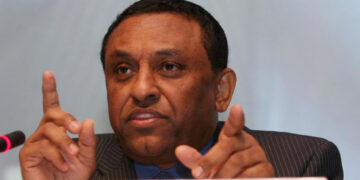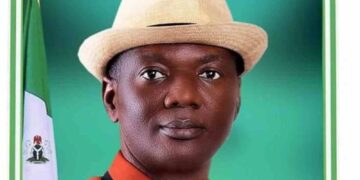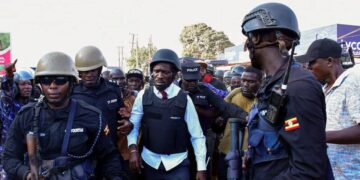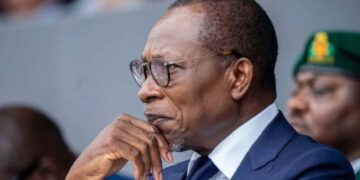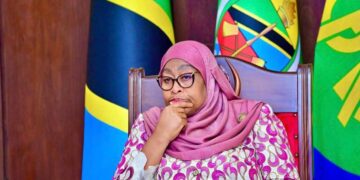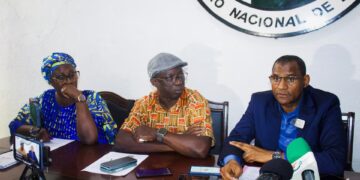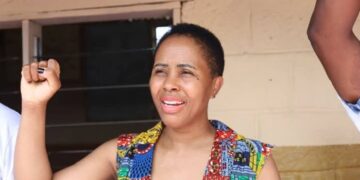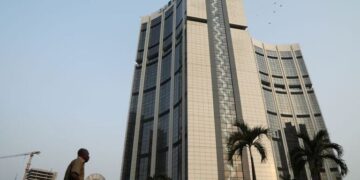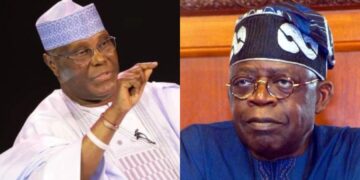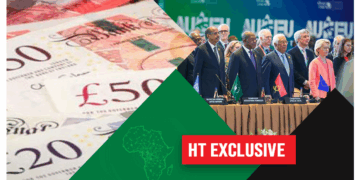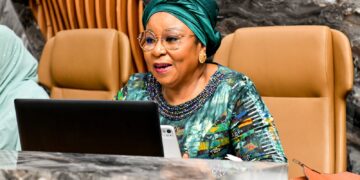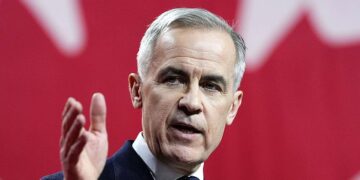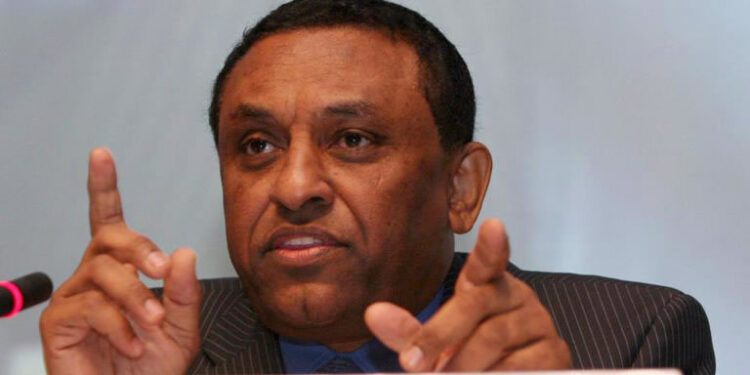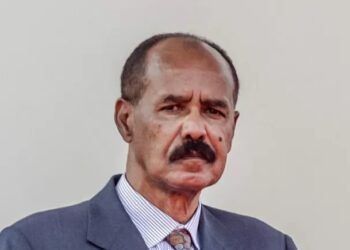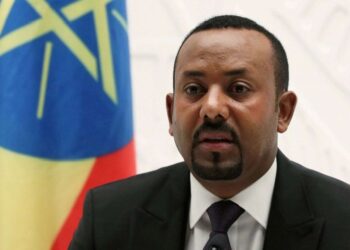In his first major act as Sudan’s newly appointed prime minister, Kamil Idris dissolved the caretaker government on Sunday, marking a potential turning point in the country’s protracted political transition.
The move came just one day after Idris was sworn in before Transitional Sovereignty Council chairman and army chief Abdel Fattah al-Burhan, signalling an attempt to reset Sudan’s governance amid devastating conflict.
The decision, announced through Sudan’s state news agency SUNA, places ministry secretaries-general and undersecretaries in temporary charge of government operations until a new cabinet is formed.
This abrupt administrative shift follows years of stalled political progress, with ministries previously managed by acting officials and holdovers from Sudan’s 2021 power-sharing arrangement between civilian and military leaders.
In his inaugural national address broadcast on state television, Prime Minister Idris outlined an urgent agenda dominated by security concerns. “Our highest priority is safeguarding Sudan’s national security and state sovereignty by defeating the insurgency and armed rebel groups,” he declared, referencing the brutal war between the Sudanese Armed Forces and the paramilitary Rapid Support Forces (RSF) that has ravaged the country since April 2023.
The conflict has created what international organisations describe as one of the world’s worst humanitarian disasters, with UN figures reporting 20,000 deaths and 15 million displaced persons, though independent researchers estimate the true death toll may exceed 130,000.
The new premier issued a pointed warning to foreign actors, urging nations supporting the rebellion to cease “planning, financing and cooperating in such efforts,” without specifying particular countries. His remarks come amid longstanding allegations of external interference in Sudan’s conflict, with various regional powers accused of backing rival factions.
While emphasising security, Idris also pledged to uphold principles of justice, the rule of law, and sustainable development, promising political neutrality in his administration’s approach. “We will treat all political and national actors equally and stand at an equal distance from all,” he asserted, vowing to foster an inclusive national dialogue.
The appointment of Idris and subsequent government dissolution represent the most significant political movement since al-Burhan repeatedly failed to deliver on promises to form a transitional government. Sudan has remained in political limbo since the 2019 ouster of longtime autocrat Omar al-Bashir, with a fragile power-sharing agreement collapsing in 2021 and giving way to renewed military dominance followed by devastating conflict.
Analysts view these developments as a potential reset opportunity, but warn that formidable challenges remain. The RSF maintains control over significant territory, including parts of the capital Khartoum, while humanitarian needs continue escalating,g with nearly half the population facing acute hunger.
International observers will closely monitor whether Idris can translate his promises of neutrality and inclusion into concrete actions that bridge Sudan’s deep political divides while addressing the catastrophic humanitarian fallout from the ongoing war.
As ministry officials assume temporary governance roles, the coming weeks will prove critical in determining whether this administrative shakeup marks the beginning of a meaningful political transition or merely another chapter in Sudan’s prolonged instability.
With millions of Sudanese civilians caught in the crossfire of war and economic collapse, the stakes for Idris’s nascent administration could scarcely be higher.
